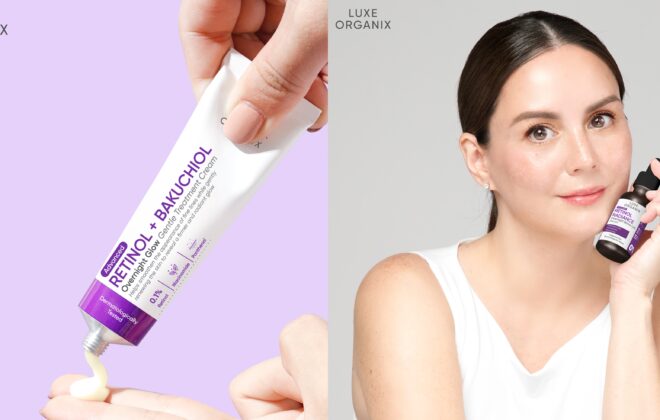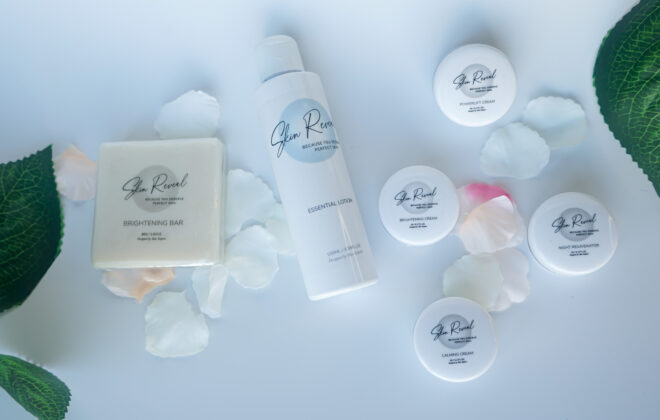IKEA’s Newly Opened Convenience Store in Japan Provides A Next Level Shopping Experience
A quick search on Google tells us that Japan has more than 50,000 convenience stores, known as kombini, that continue to be a driving force of the country’s retail industry which accounts for 8.3 percent of its total annual sales value according to a report made by Statista.
Convenience stores in Japan primarily sell food, including a wide range of meals, snacks and sweets, such as onigiri (rice balls), bread, obento (lunch boxes), instant ramen, and even hot meals like fried chicken. The strong competition between the three biggest operators: Seven Eleven, Family Mart and Lawson, constantly produces new innovative products and services that are available 24 hours a day and 7 days a week. This what makes Japanese convenience stores truly convenient—selling what Japanese consumers need, when and where they need it.
Apart from the basic necessities, convenience stores in Japan also sell books, fashion accessories, and even clothes. Virtually the only thing these stores don’t have is furniture, but that’s about to change with IKEA joining the big players.
On Monday, June 8, IKEA opened its first urban location in Harajuku, a neighborhood in Japan best known for its street art and subculture fashion. With its prime location at the very heart of Tokyo’s thriving modern youth culture scene, the retail giant is poised to change the whole shopping experience.
https://www.instagram.com/p/CBCucgqgzSz/?igshid=a9k7xhesu2e2
https://www.instagram.com/p/CBKccGyDszI/?igshid=pc9ub3fgljzw
The newly opened 2,500 square-meter 2-storey IKEA store offers approximately 1,000 items, which are divided into four sections: Sleep, Organise, Relax, and Cook & Eat.
The first floor is, of course, the center of attraction with its Swedish kombini where you can speedily shop for affordable and sustainable products such as palm-sized eco-bags, freezer bags made from plant-based materials, organic drinks, vegan ice cream, and even plant-based ramen.
https://www.instagram.com/p/CBPOImCJwE4/?igshid=1oc40rkwr5ks8
In addition to all the exciting items on the first floor is IKEA’s own coffee shop, where shoppers can have their daily dose of caffeine before or after doing their grocery shopping.
https://www.instagram.com/p/CBLFgBNgxGV/?igshid=ghihd1v0gxe8
Next to the kombini are the Sleep and Organise sections, which include all sorts of furniture, from chairs to beds.
https://www.instagram.com/p/CBHOZNbj0VF/?igshid=piobg5pv5ogs
https://www.instagram.com/p/CBDKbVnH7xV/?igshid=1ai92yjadyrsm
The second floor is where the Relax and Cook & Eat sections are located, where buyers can find products such as kitchenware, home decor, and sofas. And if you’re tired and getting hungry from all the shopping, there’s another café on the second floor that serves Swedish food like flatbread tunnbrod.
https://www.instagram.com/p/CBLhLfKDWHr/?igshid=hzpqlczlnwfg
TUNNBRÖD veggie cheese sausage and chocolate banana TUNNBRÖD dessert available at IKEA Harajuku. IKEA Japan is currently the only IKEA in the world that serves tunnbrods.
With the COVID-19 situation in Japan being far from over, IKEA Japan has implemented strict protocols following its local public health measures starting with its store personnel.
https://www.instagram.com/p/CBDgX00J_4Y/?igshid=1ut86nhtygf43
During the press event held on its opening day, IKEA Japan’s CEO Helen Von Reis was quoted saying, “IKEA’s mission is to provide high-quality products at low prices for everyone in our generation.”
https://www.instagram.com/p/CBKmnHOJkEm/?igshid=184znaasrr029
IKEA Japan’s CEO Helen Von Reis during the ribbon-cutting joined by Swedish Ambassador to Japan Pereric Högberg.



